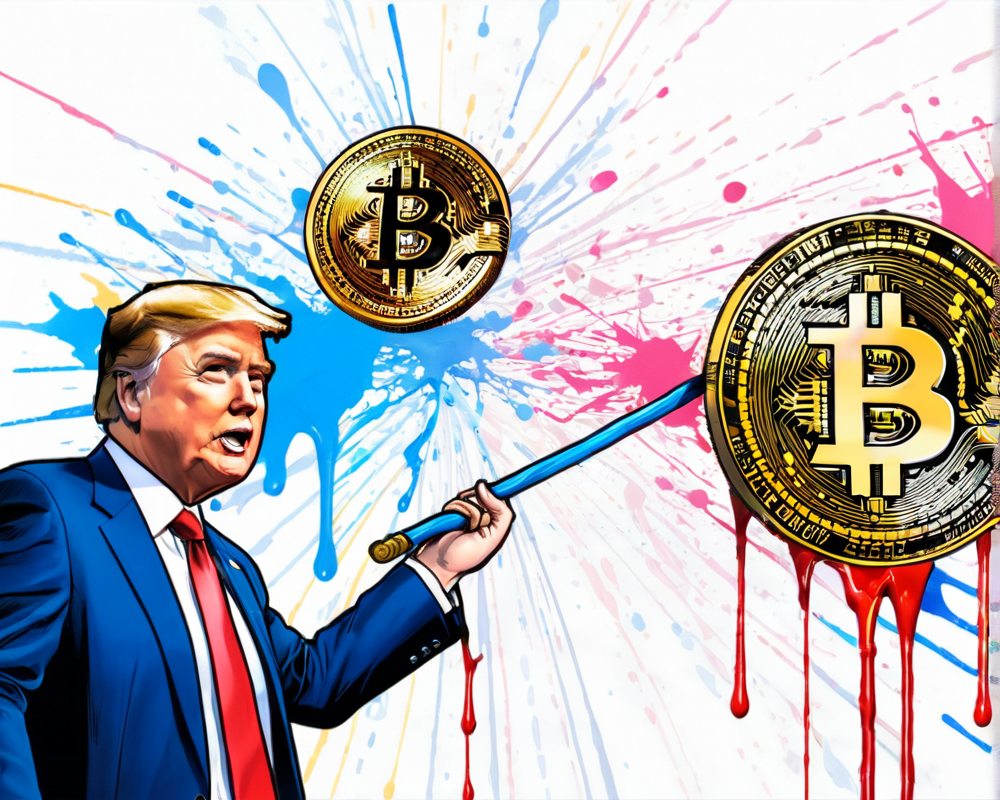Introduction to the Regulation Dilemma
The cryptocurrency industry is living in a world of regulatory uncertainty that could make even the calmest investor break into a cold sweat. As Congress continues to grapple with its fate, it’s clear: they need to stop leaving critical decisions to unelected regulators at the SEC. Instead, they should step up to the plate and provide the clarity that crypto enthusiasts have been clamoring for. Both Democrats and Republicans are finally collaborating on bills aimed at shedding light on the murky world of cryptocurrency regulations.
Bipartisan Efforts: The Stabenow-Boozman Bill
Leading the charge, we have the Stabenow-Boozman bill, which represents a bipartisan effort to lay the groundwork for future regulation. This proposal seeks to bestow the CFTC with jurisdiction over cryptocurrency transactions. Sure, it’s got some beefy support behind it, including signatures from Senators Cory Booker and John Thune, but that doesn’t mean it’s without its issues.
What’s Cooking? Key Points of the Bill
- All trading platforms must register with the CFTC.
- Mandatory reporting protocols for exchanges.
- New bankruptcy protections and minimum capital requirements.
But Hold your horses! The biggest sticking point? The bill doesn’t clarify which digital assets will be deemed securities versus commodities. Picture this: you take the Howey test into a bar, and by the time you leave, you still don’t know if you’re holding a security or just an overzealous llama coin!
The Lummis-Gillibrand Alternative
Not far behind is the Lummis-Gillibrand bill, known for its more comprehensive approach. If the Stabenow-Boozman was the appetizer, the Responsible Financial Innovation Act (RFIA) is the full-course meal.
Why This Bill Could Be a Game Changer
- Introduces consumer and investor protection standards.
- Regulates advertising in the cryptocurrency space.
- Brings to light the concept of an ‘ancillary asset,’ possibly paving the way for recognizing utility tokens.
Combining the expertise of a pro-crypto veteran, Lummis, and Gillibrand, the bill strives to offer a more robust framework for the industry.
Action Required! Crypto Advocates Unite
Despite being around for about a decade, the cryptocurrency space still finds itself crying out for regulatory clarity. If there’s any lesson from the SEC’s silence, it’s that they might not even know which cryptocurrencies fit into the ‘security’ bucket. Take five law firms, and you may well end up with five different opinions about the status of the top 20 cryptocurrencies. It’s like asking five friends which pizza topping is best—you think you’d get a consensus, but no!
A Call to Action: Guard the Crypto Spirit
While the spotlight shines dimly on the SEC, let’s not forget the various agencies like OFAC and FinCEN that may not have our best interests in mind. Crypto should remain open and accessible, not just a playground for well-capitalized corporations. If legislation hinders innovation, it will suffocate the very essence of what makes cryptocurrency revolutionary.
With upcoming legislative sessions slated for 2023, the time for action is now. If the 2023 House of Representatives meetings don’t go our way, we might just see regulations that make the crypto winter seem like a leisurely autumn stroll. Let’s rally together and ensure the industry retains its integrity and openness.




